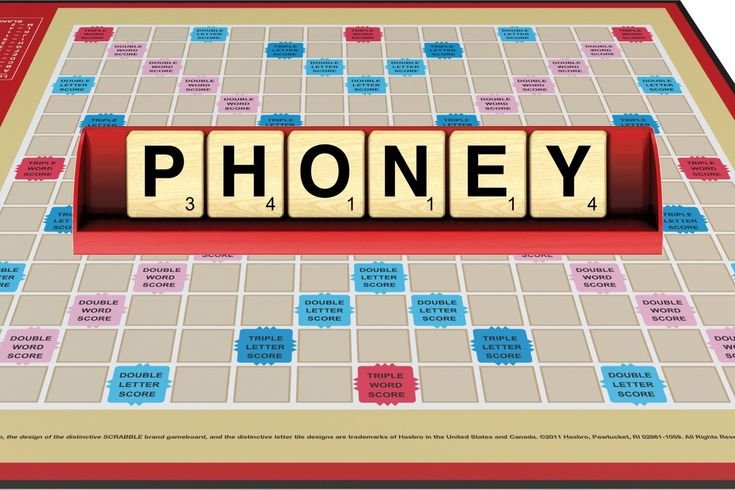Introduction:
IX” a Scrabble Word? Unveiling the Mystery Behind Two Simple, Scrabble, a beloved word game that has been entertaining language enthusiasts for decades, is renowned for its unique combination of strategy and vocabulary. Players are constantly on the lookout for high-scoring words to outsmart their opponents. Amidst the plethora of words in the English language, the question often arises: Is “IX” a Scrabble word? In this article, we delve into the intricacies of Scrabble rules, explore the history of the game, and shed light on whether the seemingly simple combination of the letters “I” and “X” can earn you points in this iconic word game.
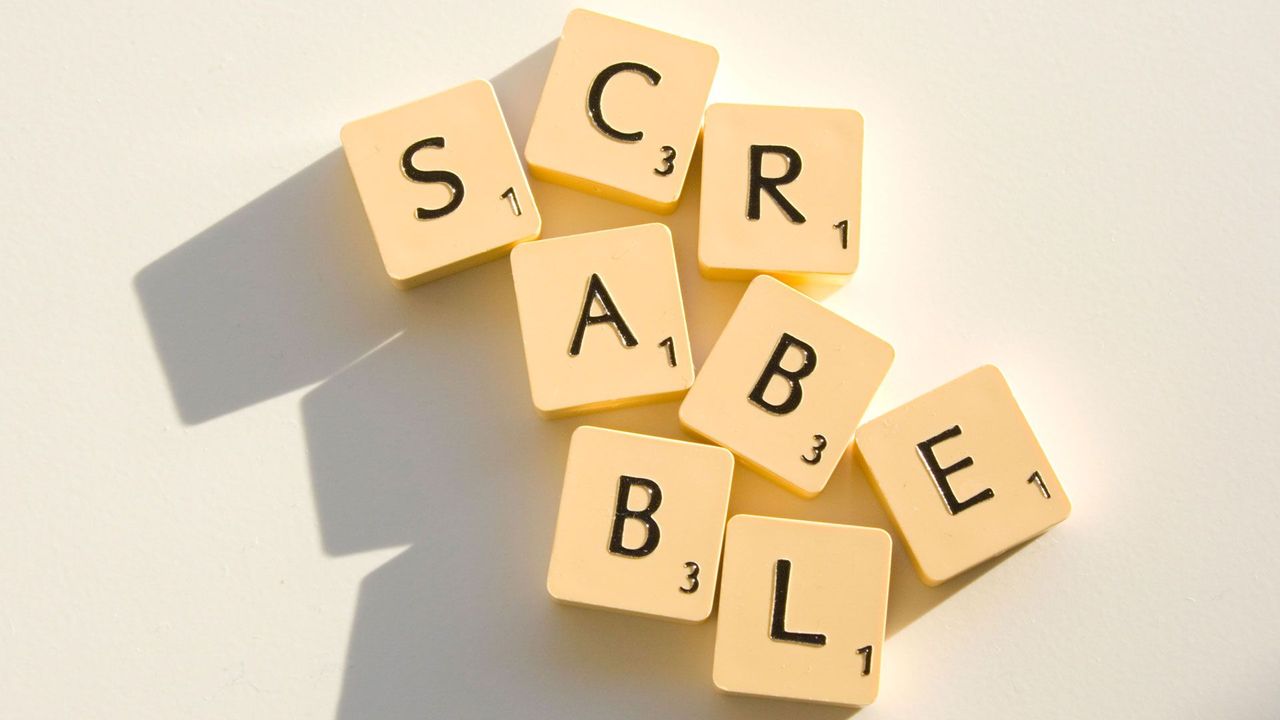
Understanding Scrabble Rules:
To determine whether “IX” is a valid Scrabble word, it’s crucial to familiarize ourselves with the rules of the game. Scrabble, created by Alfred Butts in the 1930s, has evolved over the years, with the official rules now maintained by the World English-Language Scrabble Players’ Association (WESPA). Players use letter tiles to create words on a game board, aiming to score points based on the letters used, the word’s length, and any premium squares on the board.
One of the key components of Scrabble is the official word list, which serves as the ultimate authority on permissible words. Various editions of the game have different word lists, with the North American Scrabble Players Association (NASPA) and the Collins Scrabble Words being commonly used in North America and the international English-speaking community, respectively.
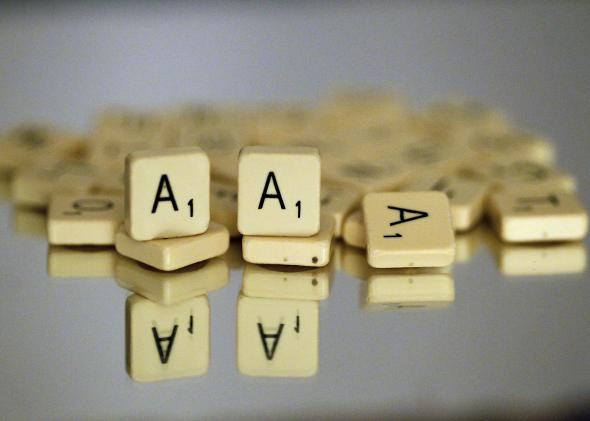
The Conundrum of “IX”:
Now, let’s turn our attention to the specific combination of letters in question: “IX.” At first glance, this may seem like a challenging set of letters to form a valid English word. However, Scrabble has its own set of rules that sometimes allow seemingly unusual combinations.
In the English language, Roman numerals are used for numbers, and “IX” represents the number 9. While Roman numerals themselves are not typically considered valid words in Scrabble, there are exceptions. Scrabble dictionaries may include some Roman numerals, including those that have found their way into common usage, such as “IV” for four and “XI” for eleven.
The question then becomes whether “IX” is recognized in Scrabble dictionaries and accepted as a valid word within the rules of the game. To answer this, we must consult the official word lists and Scrabble authorities.
Must Read=jordan 4 blue thunder release date
Scrabble Dictionaries and Word Lists:
Scrabble dictionaries play a pivotal role in determining the acceptability of words during gameplay. The North American Official Scrabble Players Dictionary (NASPD) and Collins Scrabble Words are frequently consulted references for players in North America and internationally, respectively.
In the case of “IX,” we find that it is not listed as a standalone word in common English usage. However, some Scrabble dictionaries may include certain Roman numerals that have crossed over into everyday language. It’s essential to check the specific word list in use during a Scrabble game to confirm whether “IX” is accepted.
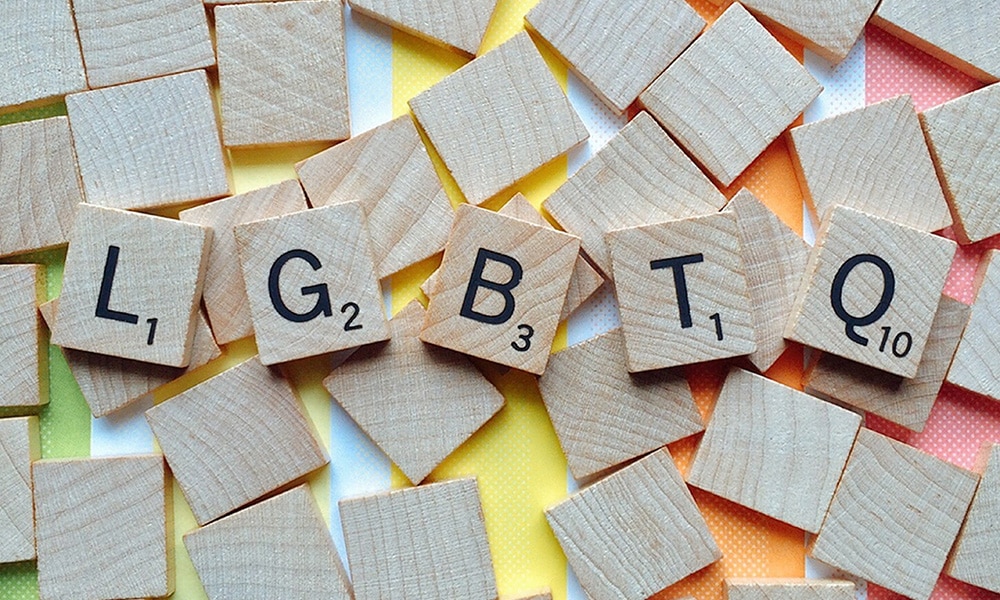
The Evolution of Scrabble:
Since its inception, Scrabble has undergone several changes and updates to its official word list. As language evolves, new words emerge, while others may fall out of common usage. Scrabble authorities regularly update their dictionaries to reflect these linguistic shifts.
For example, the addition of internet-related terms and slang words has been a recent trend in Scrabble updates. This continuous adaptation ensures that the game remains relevant and engaging for players of all ages. However, it also means that certain words, including Roman numerals, may or may not be recognized depending on the current rules and word lists.
Strategy in Scrabble:
Scrabble is not just about knowing the words; it’s also about strategic gameplay. Skilled players understand how to maximize their points by utilizing premium squares on the board, forming parallel words, and making effective use of the tiles they have.
When it comes to the letters “I” and “X,” players often look for opportunities to create words that not only score points but also strategically position their tiles for future moves. In this context, knowing whether “IX” is a valid word becomes essential for making informed and strategic decisions during the game.
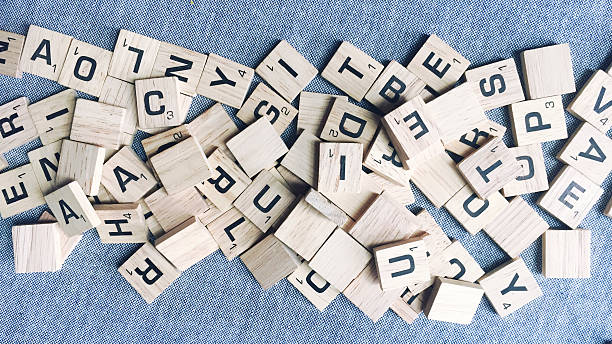
The Influence of Regional Variations:
Scrabble is played by millions of people worldwide, and regional variations in rules and word lists can impact the game. The North American version of Scrabble, governed by NASPA, may have slightly different rules and word lists than the international version, which follows the Collins Scrabble Words.
Players participating in competitive Scrabble tournaments must be aware of these regional variations to ensure fair and consistent gameplay. Whether “IX” is allowed as a valid word can depend on the specific Scrabble authority governing the competition.
Challenges and Controversies:
The world of Scrabble is not without its challenges and controversies. Debates over the inclusion or exclusion of certain words, including Roman numerals, have sparked discussions among players and enthusiasts.
Some argue for a more inclusive approach, suggesting that words like “IX” should be accepted due to their cultural significance and occasional use in literature. Others maintain a strict adherence to the standard rules, emphasizing that Scrabble is fundamentally a word game and should not deviate from its linguistic roots.
The Case for Roman Numerals:
While Scrabble traditionally focuses on words in the English language, the inclusion of Roman numerals introduces an element of historical and cultural relevance. Roman numerals have been a part of human civilization for centuries and are still encountered in various contexts, from clock faces to book chapters and movie credits.
Advocates for the inclusion of Roman numerals in Scrabble argue that these symbols are ingrained in our collective consciousness and should be recognized as valid expressions in the game. They contend that Scrabble is not just a linguistic exercise but also a reflection of the broader cultural and historical tapestry.
Conclusion:
In the quest to answer the question, “Is ‘IX’ a Scrabble word?” we find ourselves immersed in the nuanced world of Scrabble rules, word lists, and player perspectives. While the specific acceptability of “IX” may vary depending on the Scrabble authority and dictionary in use, the broader debate raises intriguing questions about the evolving nature of language within the context of this timeless word game.
Whether one argues for a more inclusive approach that embraces cultural symbols like Roman numerals or insists on a strict adherence to linguistic conventions, Scrabble remains a dynamic and engaging game that continues to captivate players worldwide. As language evolves and new words emerge, Scrabble will undoubtedly evolve with it, ensuring that the debate over the validity of words like “IX” remains an ongoing and thought-provoking aspect of the game.



















































